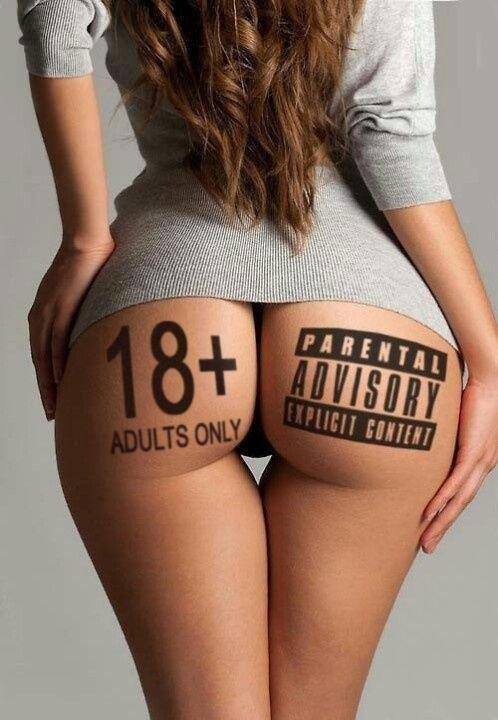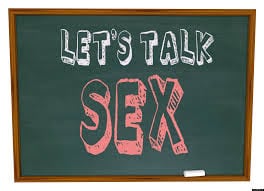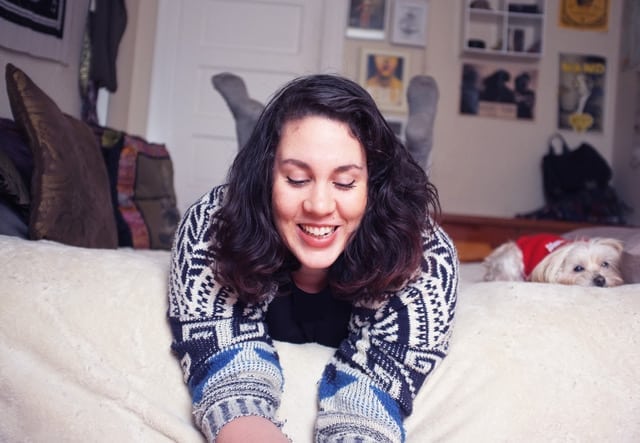Lauren Brim is a sexual wellness and female empowerment coach. She is also the author of two books, The New Rules of Sex and The New American Family, which explore how relationship dynamics, be it in the context of sexual partners or familial bonds, have changed and continue to evolve in the 21st century. Lauren works to help women discover and embrace themselves as sexual beings, while eliminating the shame often associated with open female sexuality. And since that’s kind of what we do too, we were thrilled to talk to her about her unique career.
Read on to learn what it’s like to work in the field of human sexuality, some of the biggest misconceptions surrounding women and sex, and why it’s imperative that we shift how society views female sexuality.

Could you share a little about who you are, and what you do?
My name is Lauren Brim and I’m a female sexual wellness coach living in Los Angeles. I work with smart, sexy, amazing women who want to get more out of their sexual experiences and create an experience of sexuality they truly love.
What inspired you to get in this field? And what has your journey been like?
I always say that my journey began at a doula training in New York City 13 years ago when the instructor screened her new documentary Orgasmic Birth. I immediately had the sense that our relationship to sexuality was connected to our personal power, and I knew that I had a comfortability with the nature of sex and that somehow working with women in this arena was going to be a part of my life.
Nine years later, I was training to be a midwife because I wanted to create a holistic gynecological health care clinic for women, and I found myself completely aghast at the conversations that were happening, and not happening, around sexuality with women. I dropped out of school, moved to Europe, and a year later had written The New Rules of Sex, which was my response to all of the nonsense that women were hearing about sexuality and relationships from culture and mainstream media. I wanted women to have the truth so they could make better decisions and enjoy more health and pleasure in their sexual relationships. And that is basically what I do with clients today – I help them discover what’s true about themselves, sex, and their relationship dynamics so that they can rewrite the rules of their own lives and have more fun.
What topics of human sexuality are you most passionate about?
The topic I am the most passionate about is lifting the suppression of female sexuality that has been dominating society for thousands of years. It reached a peak during the Victorian era when so-called medical textbooks stated that healthy women had no sex drive, and girls who were incapable of ceasing masturbation practices or who showed symptoms of sexual desire could have their clitoris burned off or cut off, or even have a hysterectomy performed. This was happening less than one hundred years ago, and we see the continuation of some of these practices in the circumcisions performed on newborn boys, our general inhibited relationship to sexuality and nudity on every level of society, and of course, a culture that still wants to ignore female sexuality and hope that it doesn’t exist. We see this in the lack of accuracy of female reproductive anatomy in medical textbooks, to the general belief that men are more sexual than women, when the reverse is in fact true. We see this in the denial of the dissemination of accurate information about the g-spot and female ejaculation, and in the invisible population of sexual women over 50. So I am very passionate about correcting this, and empowering women to know the truth about their bodies and their sexuality. This is what my online classes and individual coaching is all about – wanting women to know the truth and take a stand against the suppression they face in a world that makes them less by making their sexuality and their bodies less relevant, less important, and less real.
What are some common misconceptions and stigmas around female sexuality you encounter on a regular basis?
The biggest misconception is that women are less sexual than men, or not interested in sex at all. Another huge misconception is that women lose the desire and ability to enjoy sex after menopause, during pregnancy, and after giving birth. Totally bullocks. Lastly I get annoyed at the misconceptions about how women orgasm. In the fight to bring more awareness to the external clitoris, the inner clitoris has been completely ignored, vaginal orgasms dismissed as non-existent or unobtainable, and cervical, anal, nipple, deep throat, and all the other ways that women can orgasms don’t even get discussed for fear of upsetting the women who might feel like they’re missing out. I believe women need to know everything that’s possible in and with their bodies to open that door of possibility in their own exploration. I didn’t ejaculate or squirt for years, although I knew it was possible, and it was my frustration and annoyance that drove me to finally explore and push myself to achieve that level of release. I think this belief we need to over-protect women’s feelings is keeping a lot of women from discovering how powerfully, multi-orgasmic they really are. Women are powerful; they want and can handle the truth.
Your book The New Rules of Sex gives insight into the changing landscape of sex, relationships, and love in this century. What do you hope readers take from it?
I hope that The New Rules of Sex gives readers the opportunity to see their sexuality in a whole new light. I tell a lot of personal stories from my sexual journey in that book, and my hope is that it normalizes and gives permission for them to also be who they are sexually, to make mistakes, to open up to bigger and more varied orgasms, and to see where they need to have better boundaries, or to let down unnecessary walls in relationships. There is also a years worth of research in there to help them understand where their ideas around sex and relationships come from, what is actually true, and to show sex in a sex-positive (as suppose to fear-based) light with all the amazing research that’s been done on it in the last 80 years.
Why is it important to shift the traditional paradigm around sexuality and relationships? How do you hope your work will contribute to this?
It’s important to shift the paradigm around sexuality and relationships because women are still the ones that lose out in this paradigm. When female sexuality is diminished, so is women’s power, health and pleasure. The lack of information about female sexuality means that women have more unwanted pregnancies, more abortions, more stress, more STIs, more shame, more body issues, more disease, more complications with birth, and less pleasure in their intimate sexual relationships. This is not okay, and the new paradigm needs to allow women to be equal (or greater) sexual creatures, entitled to pleasure, freedom of expression, accurate information and adequate health care, and all of that without stigma or condemning, shaming practices. I am working to shift this paradigm through my writing, speaking, coaching and online educational resources.
Nowadays, it is common to see many types of family formations that move away from “traditional American family values.” The New American Family works to explore these. What are some of the most interesting things you learned while writing it?
I learned so many interesting things while writing The New American Family. I got to hear the stories of women who had inseminated, how same-sex couples conceived, how families adopted children, and how those not in relationship co-parented. Also, it was fascinating to dive deeply into the history of artificial insemination and an anthropological study of family, and into current trends around egg-freezing, donor milk, and dating sites for pregnant women. But overall the most beautiful part of the book, is the overwhelming power of the love that these families have for their children. It still makes me cry when I read some of the stories and I’ve heard them dozens of times now. It makes you realize that everyone deserves the right to have children, not just those in a heterosexual marriage.
What advice do you have for our readers who may be interested in pursuing a career as a wellness coach?
To come study with me online! No wellness education is complete without understanding who we are as sexual beings. Our sexuality is our life force, our health and our happiness. Find me at www.LaurenBrim.com




